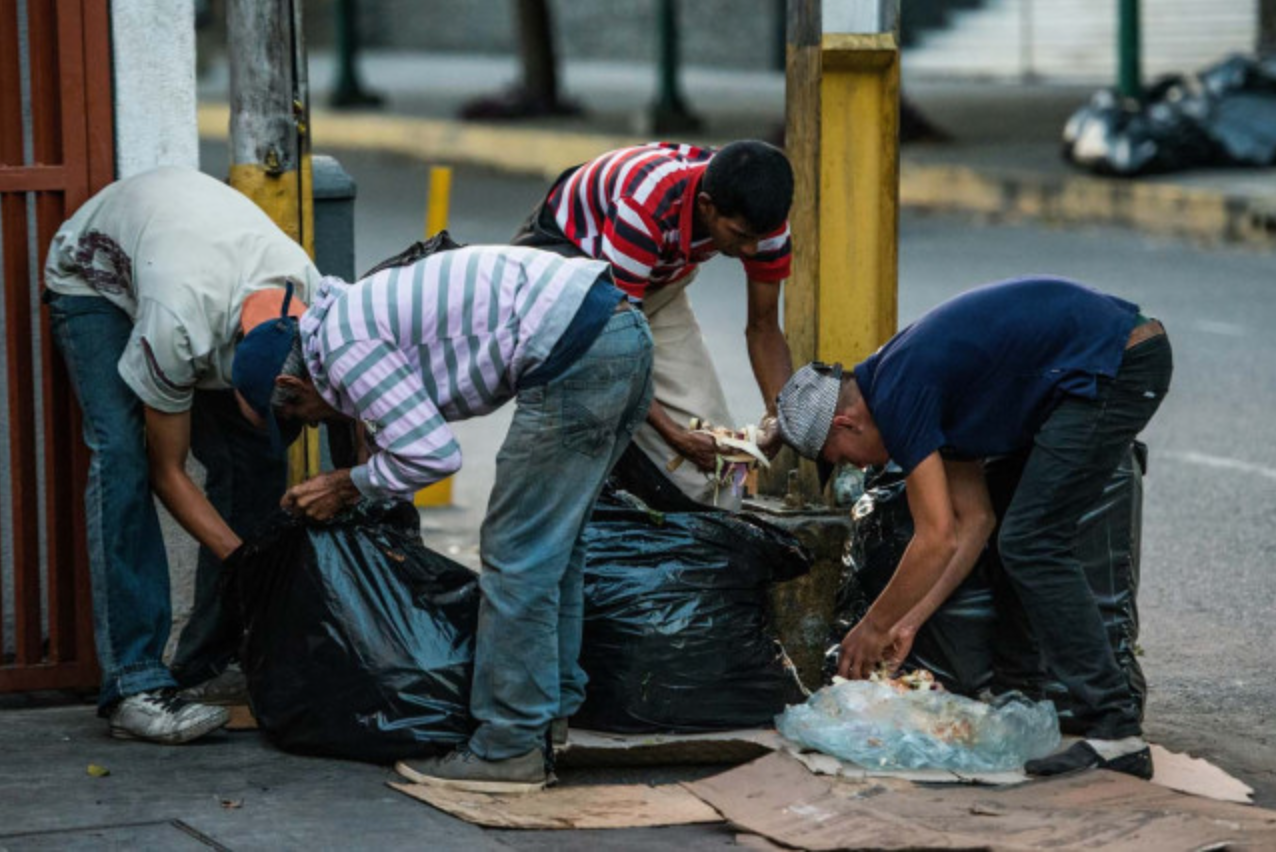The 2024 edition of the State of Food Security and Nutrition in the World report, known as SOFI, presented by the Food and Agriculture Organization (FAO), the International Fund for Agricultural Development (IFAD), the United Nations International Children’s Emergency Fund (UNICEF), the World Food Program (WFP) and the World Health Organization (WHO) in Rio de Janeiro, highlights that Latin America and the Caribbean has the highest cost for a healthy diet compared to other parts of the world, averaging $4.56 per person per day. This figure underscores a deep inequality in access to nutritious food and raises serious concerns about the feasibility of achieving the Sustainable Development Goal 2: Zero Hunger.
The pernicious state of hunger and food insecurity
The outlook for global food security remains alarming. In 2023, between 713 and 757 million people suffered from hunger, with Africa leading in food insecurity figures. Globally, one in 11 people faces this reality, and in Africa, one in five experiences hunger.
While Latin America and the Caribbean has significantly reduced food insecurity, challenges remain. The region’s progress is insufficient to counteract the global stagnation in the fight against hunger, and food insecurity persists. Although there have been reductions in hunger levels, these achievements do not represent a complete solution to the global problem. The high prevalence of food insecurity in other regions, especially in Africa, demonstrates the need for a more integrated global approach to this persistent challenge to ensure food security for all.
The affordability of a healthy diet and its implications
In 2022, the global cost of a healthy diet increased to $3.96 per person per day, driven by inflation from the Covid-19 pandemic and the war in Ukraine. In Latin America, the cost is even higher, reaching $4.56. This increase reflects the disproportionate impact of inflation in the region, exacerbated by global factors, and highlights the urgency of more equitable policies to address disparities in access to nutritious food.
The high cost of a healthy diet in the region raises serious doubts about the possibility of achieving Zero Hunger by 2030. The rising food prices have exacerbated inequalities, endangering the health of millions and limiting their ability to access nutritious diets. Projections suggest that by the end of the decade, chronic undernourishment could affect 582 million people, emphasizing the urgent need to transform agri-food systems globally and regionally.
Progress and challenges in global nutrition
Despite some progress, such as reducing childhood stunting and increasing exclusive breastfeeding, the world is not on track to meet global nutrition goals by 2030. The prevalence of low birth weight and childhood overweight remains stagnant, while anemia in women aged 15 to 49 has increased. Although improvements have been made, much work remains to ensure healthy childhood development and address the growing burden of malnutrition.
Rising obesity rates, which exacerbate the double burden of malnutrition, pose significant health challenges across all age groups. The improvements in global nutrition are insufficient to meet development goals, requiring comprehensive measures that simultaneously address undernutrition, micronutrient deficiencies, overweight, and obesity. The lack of progress in some areas highlights the need for a more holistic approach to addressing the nutrition crisis.
Redefining funding for food security and nutrition
The SOFI 2024 report emphasizes the need to redefine and increase funding for food security and nutrition. Current inconsistencies in estimates complicate the identification of critical areas and effective accountability. A new definition of funding is proposed, encompassing public and private resources aimed at eradicating hunger and all forms of malnutrition. This comprehensive approach considers the availability, access, and utilization of nutritious and safe foods, essential for achieving adequate and sustainable global health.
A clearer definition of funding for food security and nutrition is crucial to addressing the current deficit. A coherent cataloging is required to enable effective resource allocation and ensure that investments target the areas with the greatest need. Adopting a comprehensive approach could significantly improve the coordination and effectiveness of interventions, ensuring that available resources are optimally used to combat hunger and malnutrition.
Current levels and funding deficits
Spending on food security and nutrition remains insufficient, especially in low- and middle-income countries. Less than a quarter of official development assistance is allocated to these crucial issues. Between 2017 and 2021, only 34% of $76 billion annually was directed toward addressing the determinants of food insecurity. This funding deficit poses serious social, economic, and environmental risks, demanding innovative and inclusive solutions to expand access to resources in the most needy countries.
The funding deficit in food security and nutrition not only limits the ability to address food insecurity but also has significant social and economic consequences. Creative and collaborative approaches are needed to mobilize the necessary resources and ensure that investments align with global and regional priorities in food security and nutrition.
Hunger is a distribution problem, not a scarcity issue
Brazilian physician Josué de Castro once said, “hunger is a distribution problem, not a scarcity issue.” To address the funding deficit and expand available resources, fostering collaborative partnerships and adopting a blended finance approach is crucial. Coordination between international and national actors must improve to ensure effective resource allocation. De Castro emphasized that “misery is a matter of social justice,” underscoring the need for transparency and harmonization in data collection for effective and fair coordination.
De Castro also stated, “Social justice must guide our fight against hunger.” Despite some progress, the path to Zero Hunger remains challenging. A renewed global commitment is needed to ensure that all people, regardless of their location or income level, have access to nutritious food.













